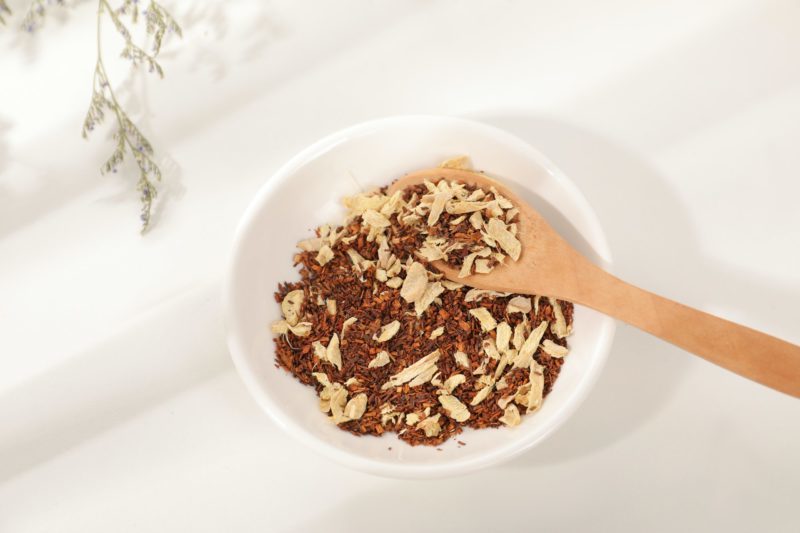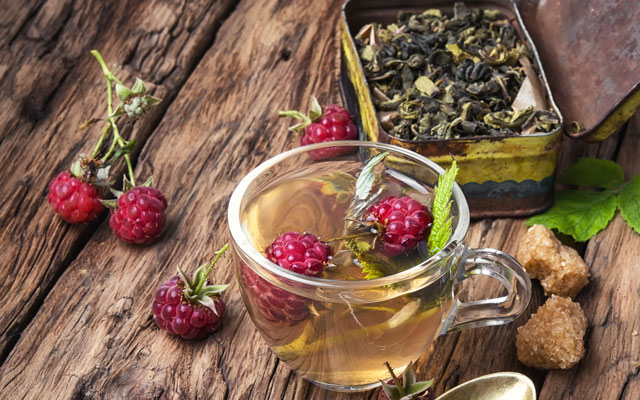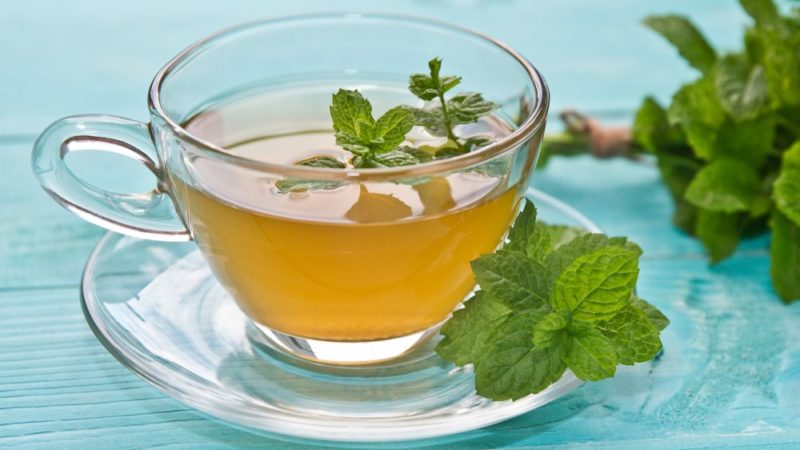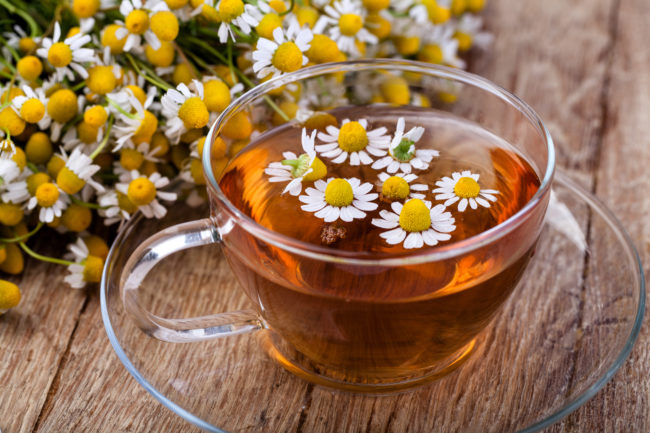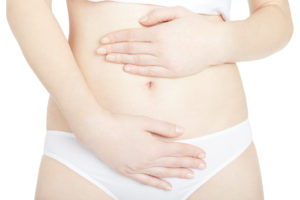Herbal teas are teas made from plants, seeds, flowers, roots or fruits and have been used for thousands of years as remedies for health ailments. As our world becomes more progressive and open to alternative therapies, more women are turning to herbal tea for women’s health – particularly reproductive health.
We have carefully chosen four herbal teas that have been trialled and tested and shown to have positive affect to women’s health. Always consult with your doctor when starting a natural therapy to ensure it will not interfere with any medication or co-morbidities.
Raspberry Leaf Tea
Pregnant women turn to raspberry leaf tea in their third trimester as historically, raspberry leaf tea has been proven to strengthen the uterine walls and promote a faster, healthier labour and quicker postpartum recovery.
It is thought that raspberry leaf tea boosts blood flow to the uterus, potentially inducing labour by triggering contractions. Strengthening the uterus is also thought to stave off excessive postpartum bleeding and assist with good uterine tone after birth.
How Often should I Drink Raspberry Leaf Tea?
In the third trimester it is safe to drink 1-3 cups of raspberry leaf tea. Choose loose leaf over tea bags as loose leaf is far more concentrated. It can be quite bitter, so if you’re really not enjoying the taste or struggle to drink 3 cups per day, try raspberry leaf capsules. One small study showed that capsules shortened the second stage of labour (active labour)
—
Peppermint Tea
Peppermint tea is known for its soothing properties. Because of this, it makes for the perfect herbal tea for women’s health, and is ideal to sip on when you have your period.
Studies suggest peppermint tea:
- May ease digestive upsets often affiliated with periods such as bloating and gas.
- May help relieve tension headaches and migraines as peppermint acts as a muscle relaxant

Green Tea
Green tea is the holy grail for the skin. High in powerful antioxidants which help fight off free radicals that cause damage to our skin. Research has shown green tea to protect the skin from the effects of ageing and reducing the effects of sun damaged skin from ultraviolet (UV) light.
Green tea has more health benefits than black tea. Which is largely attributed to green tea not needing to be processed. Sipping on green tea can help decelerate the signs of ageing by preventing the breakdown of collagen and elastic fibres which in turn stalls the loss of skin elasticity.
Drinking green tea has been known to help protect the liver, promote healthy heart and aid in weight loss. Jasmine tea is often blended with green tea because of its scent and flavour. The health benefits of jasmine tea also include treating anxiety, fever and stomach ulcers.
Drink Green Tea In The Morning
If you aren’t a coffee drinker. Green tea has traces of caffeine so if you’re not already resilient to caffeine, green tea may keep you up at night if you don’t get in before midday.
—
Chamomile Tea
Chamomile is an all-time favourite herbal remedy all around the world. It’s been around for thousands of years, and used mostly for its gentle, calming effect.
Dried chamomile flowers are used to make chamomile tea and that in itself already makes it sound so pretty to drink!
Chamomile tea is known to:
- Reduce Menstrual Pain –Several studies have linked chamomile tea to reduced severity of period cramps. A 2010 study, found that chamomile tea could reduce to reduce painful menstrual cramps. Women in the study also reported less anxiety associated with period pain.
- Treat Diabetes and Lower Blood Sugar Levels – Again, some studies have found that chamomile tea can lower blood sugar in people with diabetes. Chamomile tea is gentle enough to be sipped on during pregnancy, and may provide benefits to women with gestational diabetes. Not to be swapped for medication, but the tea may assist with your existing treatment plan if you’ve recently tested positive for gestational diabetes.
- Help With Sleep and Relaxation – Chamomile is widely thought to help relaxation and sleep. Few clinical trials have tested this, however, In one review, 10 of 12 cardiovascular patients quoted to have fallen asleep shortly after drinking chamomile tea.
Many researchers believe that chamomile tea may function like anti-anxiety medication as it is suggested that the chamomile binds to the exact receptors that anxiety medication does.
—
Have you got a favourite herbal tea? Let us know your favourite blends by jumping onto our Instagram feed and commenting on our post!


